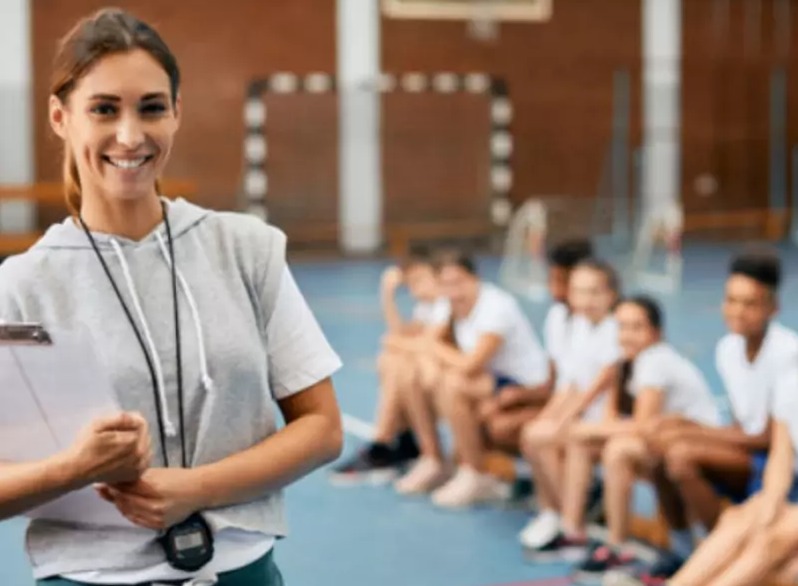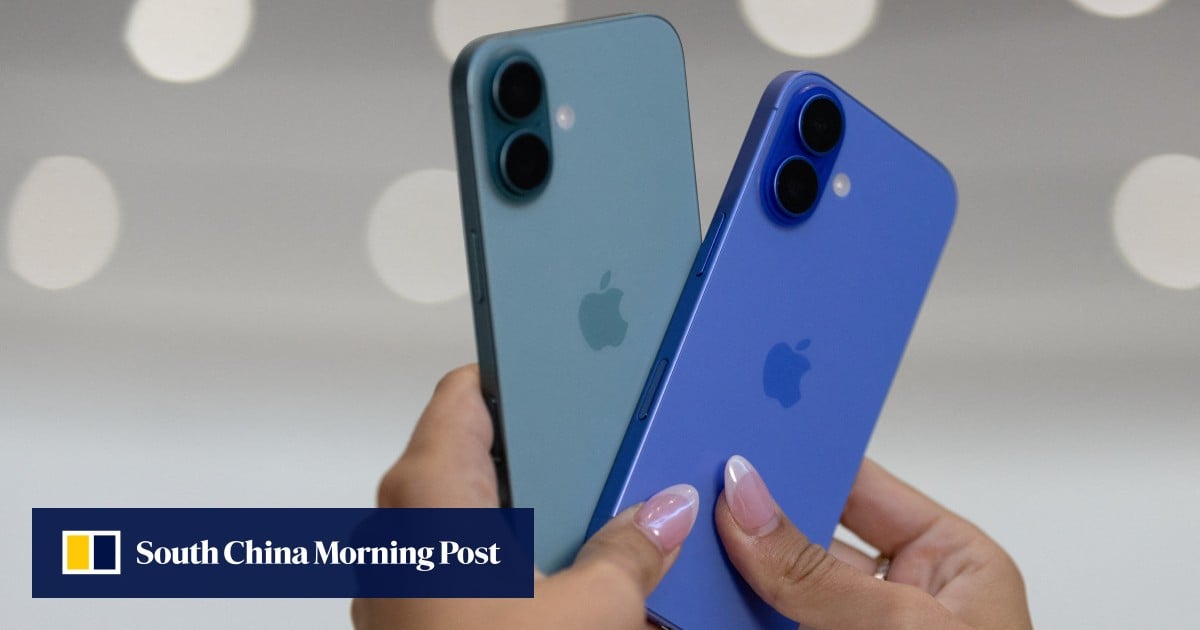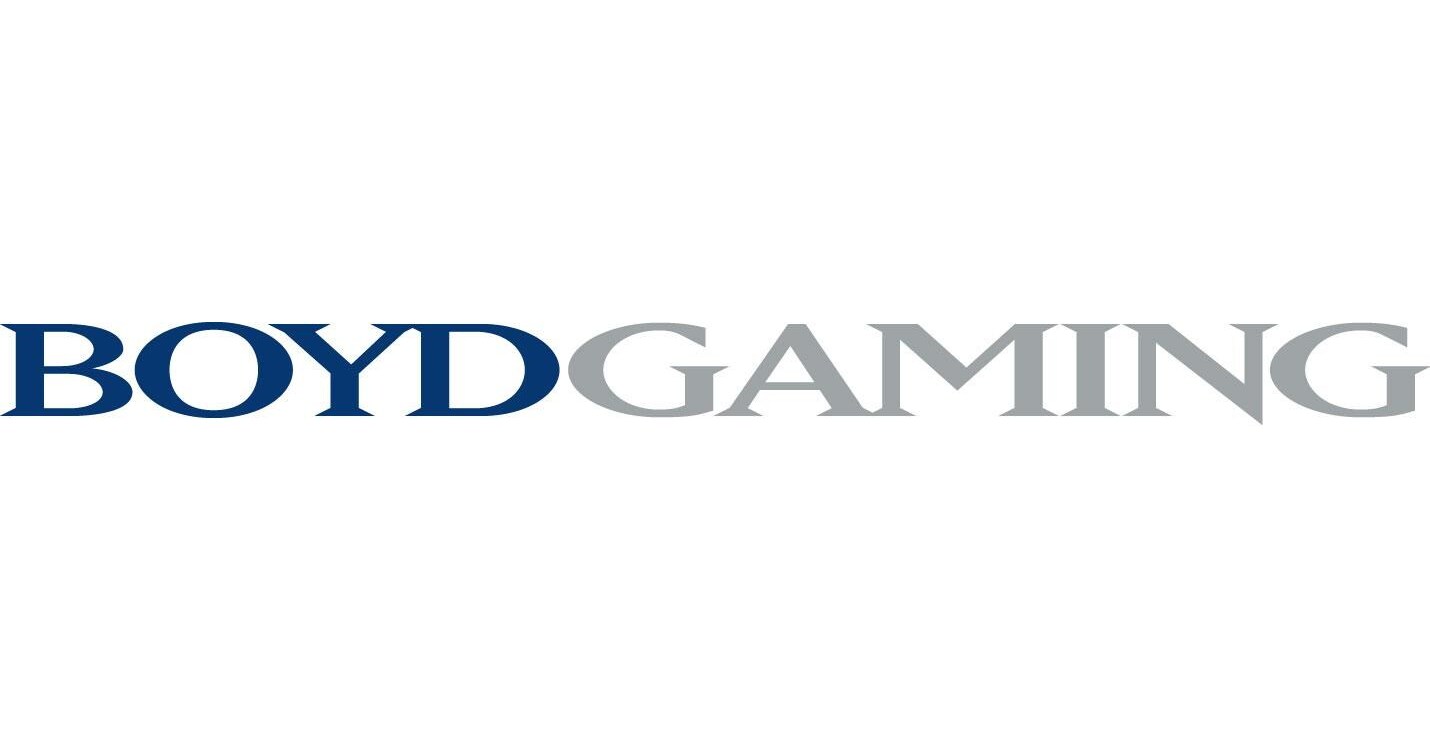French Evangelicals are motivated to share the life-changing news of Jesus Christ with countrymen and visitors alike as the Paris Olympics 2024 draws thousands to the French capital for the world’s largest sporting event.
Ensemble 2024 — a collaborative Christian enterprise made up of churches, associations, clubs and individuals in France — aims to bring the good news about Jesus to as many people as possible while also hoping to leave a long-lasting legacy for evangelism in the country.
The collaboration is in partnership with International Prayer Connect (IPC), a 5,000-strong prayer network for global intercession, for the Love France campaign. More than 500 Gospel-focused events are underway, and they are covered by a united prayer effort called “France 1 Million,” which seeks a million prayers for the secular nation, an initiative inspired by a similar effort for the Japanese at Tokyo 2020.
Matthew Glock, a missionary in France for the past 31 years and counting who lives in the 15th district in the South East of Paris and works as the national coordinator for Ensemble 2024, said that there was not as much excitement about the Olympics among the average French citizens. The games were “all passing you by and just an inconvenience,” he said. He also acknowledged that not many Evangelical churches in France were actively engaged in the large sports event.
Even so, the public spectacle, drawing thousands from around the world, proved to be an excellent opportunity for sharing the Gospel.
Glock appreciates the prayers by some local churches that may not be ready to participate fully in outreach activities but still spiritually support the initiative. He used the illustration that if an athlete didn’t train for 12 years, it would be unfair to expect him to suddenly run in a competition. Similarly, it may not be fair to expect a church “that has never run to start running in a very short time.” Even so, prayers for the work around the Olympics make a large difference, he says.
The name Ensemble 2024 speaks about being together, akin to an orchestra playing together.
“And so the idea was just to provide a platform that would allow people to connect and to see if we can build synergy around the different aspects of ministry that could happen during the Olympics,” he said.
Glock pointed out that the structure of Ensemble 2024 was not a hierarchical top-down model but rather decentralized and grassroots, working in fellowship with one another.
“What we say is if you have a passion, like you’re passionate about sports ministry, come together, share what your dreams are, share the projects that God’s put on your heart, and work together to do things. Because by doing that, we’re modeling a way of working together that will last after the Olympics. So, we’re thinking about that legacy.”
The idea was to provide a space that would allow Evangelicals and other Christian bodies to work together, such as the Conseil National des Évangéliques de France and the Fédération protestante de France, alongside the Holy Games organized by the Catholic churches in Paris. And their hope is that it will outlast the Paris Olympics.
“We serve as a platform for all those initiatives and so it’s pretty broad,” said Glock.
It is about “communities of practice,” as Glock likes to call the collaboration platform. The breadth of this synthesis with Christians working together, simply taking advantage of the catalytic short-term effect of the Olympics, means people find it easier to work across professional boundaries on shared aims. “It allows us to put people together on an equal level,” he says.
“I think that’s also one of the other challenges. You’ll have big groups like Youth With a Mission, the International Mission Board from the Southern Baptists, the Catholic Church with their Holy Games — those are big initiatives that have a lot of people and a lot of work. So by saying, ‘Why don’t you come together around the passion, then we can see what each other is doing?’ and we can just encourage each other.”
This kind of collaboration of equals is now happening around three particular initiatives, according to Glock.
Firstly, are the evangelism tools available during the Olympics. Again, Glock emphasized that this involved bringing people together with the same passions, rather than forming a top-down hierarchy.
In Evangelical circles, the question was raised how to share faith effectively during the games. And then an experienced evangelist working for Youth for Christ in France took on a leadership role in facilitating that discussion and related activities.
“Again, he wasn’t the coordinator in the sense of a top-down, but he just said, ‘OK, can we bring people together? Can we talk about what we wan to do?’ Like, there’s a network of French evangelists and a professor from one of the Bible institutes, and they all came together to start talking about the best tools to use during the Olympics. And they came out with a really great spreadsheet saying, ‘here’s the type of tools that are available.’ They came up with a set of best practices for doing evangelism, all that. And that was because they sat down together and worked on it together.”
Glock said one of the other leaders involved has been evangelizing in France for 20 years but said that he had learned new things about sharing the Gospel in the country from this collaborative method of working together.
“And he says, ‘I learned about tools. I learned about things that I just didn’t know about.’ And he says, ‘I’ve worked with people in ways that will help us work together afterwards.’ So that’s a big win.”
The second initiative relates to the city of Paris itself with ministries and churches working in unity during the Olympics. Glock said the French Olympic organizers wanted celebrations for the games to be felt throughout France, not just in the cities hosting the sports events.
“And so we kind of said, ‘Yeah, that’s a great idea for the churches too.’ The churches can celebrate also, even if you don’t have something happening in your city, you still can use the context of the Olympics as a way to to bring people together.”
The city of Grenoble in the French Alps is a case example of working together. For the last 10 years, pastors have met in Grenoble to pray and support each other every fortnight. They have a strong desire to work towards a common goal and organized a community festival for the Olympics on July 20, reaching more than 300 people, many from marginalized families.
“And it wasn’t us telling them to do this,” said Glock. “It was them catching the idea and doing it together.”
“A catalytic event like the Olympics comes in,” Glock pointed out excitedly, “and it gives them an opportunity to show the love of Jesus Christ, to proclaim the Gospel in word and deed. And it was great. That’s a good example of what we’re trying to encourage.”
The third initiative by Ensemble 2024 and partner organizations is in the arts sphere. Glock is mindful of the controversy surrounding what some perceived to be the mocking of the “Last Supper” tableau shown at the opening ceremony, using drag queens in a parody, drawing ire from Christians around the world. He sees God’s hand nonetheless working in the arts sphere in Paris, which is known in the secular world as the “City of Art.”
“So again, when we thought about what people are passionate about: evangelism, sports ministry, social action and the collaborative efforts that came together – and then people are also passionate about arts.
“And so obviously, Paris with its love of arts, there are already a number of ministries within the Evangelical space doing art-type ministry. And there are two art ministries: one called the Agapé Paris Agape Hub and another Le Baptiste, which is a new ministry based in an old church in the heart of Paris. They came up with a big multisensory art action, working together.”
Glock recalled meeting the creative director recently and expressed surprise at how well the collaboration between the two arts initiatives worked. “We really did build something that came across many different lines,” he said, “and it’s all working together.”
At the same time, international mission boards are giving support during the Olympics and sending volunteers to help on the ground. “We didn’t tell people to do these things,” Glock re-emphasized. “We just created the spaces where these people could interact and God did things.”
Glock estimated that 3,000 missionaries and mission groups had been mobilized for the Olympics and “they’re out there doing great stuff.”
There are also practical initiatives that focus on societal needs, with food distribution for the homeless and both faith-based and secular organizations working together to combat human trafficking and exploitation. He mentioned an important body involved in this work was the Comité Protestant Évangélique pour la Dignité Humaine.
“I often say to people, there’s this hidden face to the Olympics,” said Glock.
As he looks to the future post-Olympics, he notes that donations for churches in France have shifted from originating abroad a few years ago to today being only 5% of the total income needed.
“So that’s a massive shift in how the French Evangelical church can support itself,” he said. “In terms of the Evangelical churches, there’s been great growth and great things, but there’s still a long way to go.”
“To go back to where I started — the Olympics is a catalytic event. It creates all sorts of opportunities. And what we felt is most important within all these opportunities is creating more relationships, more connections between people in France on the ground, but also outside of France so that afterwards the church can grow and develop even more.”
Glock opined that any occasions on the calendar presented opportunities to further the Gospel and stressed the importance of preparedness.
“We’re in this long-term process with God leading us into greater Christlikeness and greater works of service. The Olympics will help that process. I’m sure of it. And certainly, for some French churches, I am looking forward to getting past the Olympics so that I can sit down with some church leaders and say, ‘OK, guys, the Olympics just happened and a lot of great stuff happened, but a lot didn’t happen because we weren’t as connected as we should have been. ‘So, how can we get better connected?’”
This article was originally published by Christian Daily International.
Christian Daily International provides biblical, factual and personal news, stories and perspectives from every region, focusing on religious freedom, holistic mission and other issues relevant for the global Church today.








